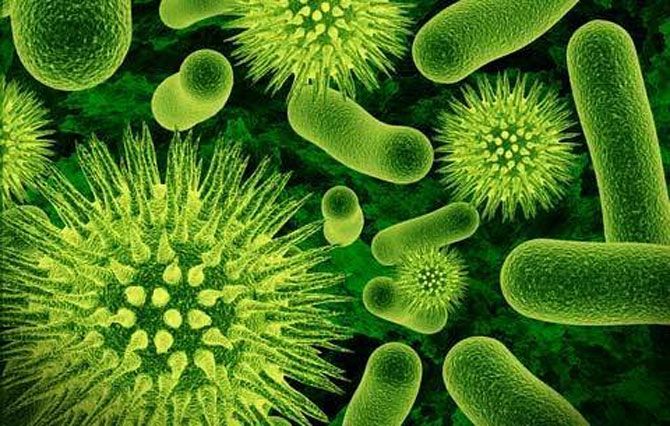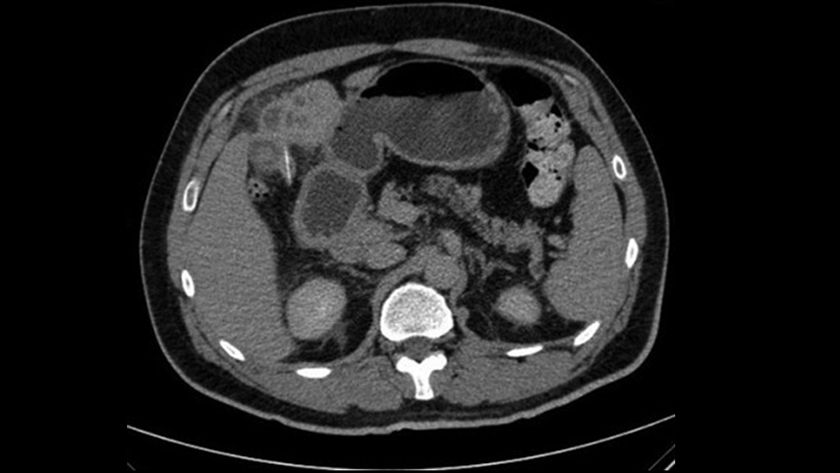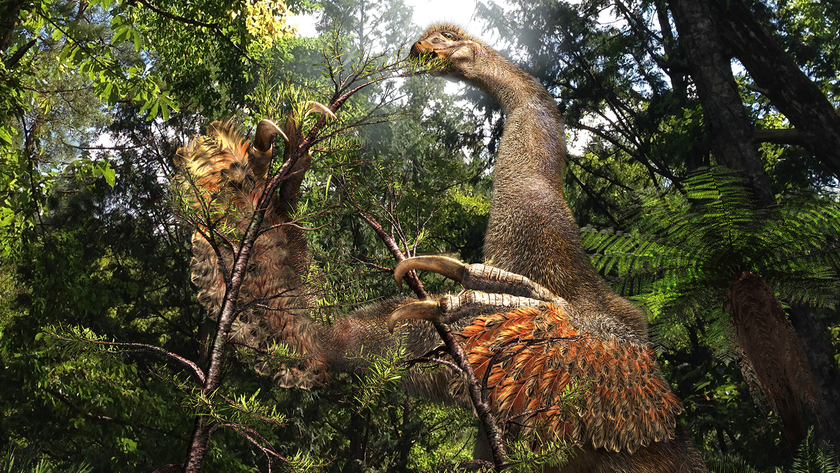Fat or Thin: Gut Bacteria May Play Role

Gut bacteria may be able to "spread" obesity from one organism to another when they are transplanted, at least in mice, a new study suggests.
In the study, mice that had been raised in a sterile environment, so that they lacked gut bacteria, were transplanted with gut bacteria from either a lean person or an obese person. The researchers used gut bacteria from pairs of human twins, one of whom was lean and one who was obese.
Mice that received bacteria from an obese twin gained more weight and fat than those that received bacteria from a lean twin, according to the study published today (Sept. 5) in the journal Science. [5 Ways Gut Bacteria Affect Your Health]
What's more, the transplant altered the metabolism of the mice: animals that received gut bacteria from an obese person had changes in their metabolism that have been linked with obesity in humans (such as increased production of compounds called branched-chain amino acids). Those that received gut bacteria from a lean person had changes linked with weight loss (such as increased breakdown of carbohydrates).
The findings add to a growing body of research suggesting that gut bacteria may influence weight. Recently, studies have found that obese people have a less diversity in their gut flora than lean people.
However, because the new study was done in mice, it's not clear if the same result would occur in people.
In a second part of the study, the researchers put the mice together – they housed mice that received gut bacteria from a lean person along with mice that received bacteria from an obese person.
Sign up for the Live Science daily newsletter now
Get the world’s most fascinating discoveries delivered straight to your inbox.
About 10 days later, mice with the "obese" bacteria underwent changes in metabolism that protect against obesity. This transformation occurred because bacteria were being "shared" between the mice (mice that live together may consume each other's feces). A 2012 study in mice had a similar finding, suggesting that obesity could be infectious.
However, when the researchers repeated their housing experiment, but fed the mice a Westernized diet (high in fat and low in fiber) instead of their usual diet, the obesity protection was no longer transferred.
This suggests that the ability of gut bacteria to confer protection against obesity may, in part, depend on diet.
Researchers may need to take this into account when developing probiotic therapies (or treatments with "good bacteria") for obesity.
"It may be that future microbiota-based therapies for an obese individual will require an alteration in diet to aid colonization by beneficial microbes," Alan Walker and Julian Parkhill, of the Wellcome Trust Sanger Institute in the United Kingdom, wrote in an editorial accompanying the study.
Future studies will need to figure out more precisely which bacteria are responsible for obesity protection, and whether those bacteria can be used in anti-obesity therapies.
Follow Rachael Rettner @RachaelRettner. Follow LiveScience @livescience, Facebook & Google+. Original article on LiveScience.

Rachael is a Live Science contributor, and was a former channel editor and senior writer for Live Science between 2010 and 2022. She has a master's degree in journalism from New York University's Science, Health and Environmental Reporting Program. She also holds a B.S. in molecular biology and an M.S. in biology from the University of California, San Diego. Her work has appeared in Scienceline, The Washington Post and Scientific American.










